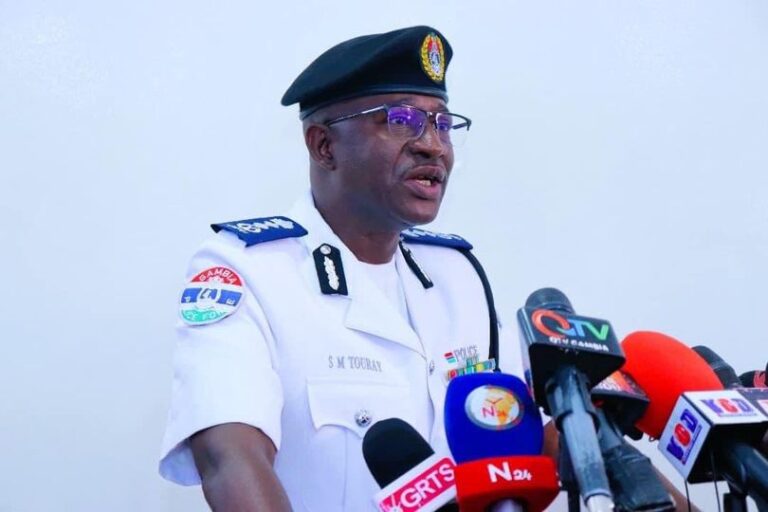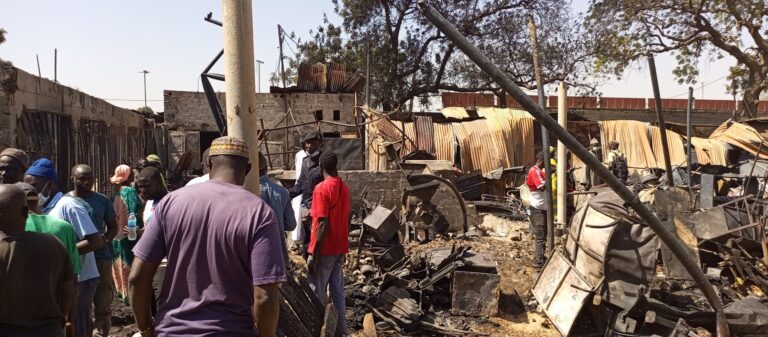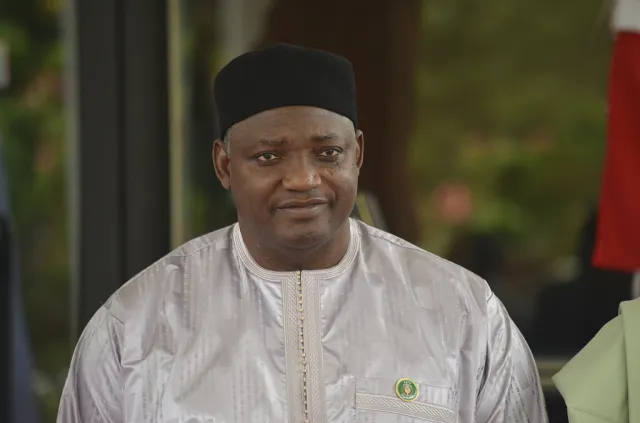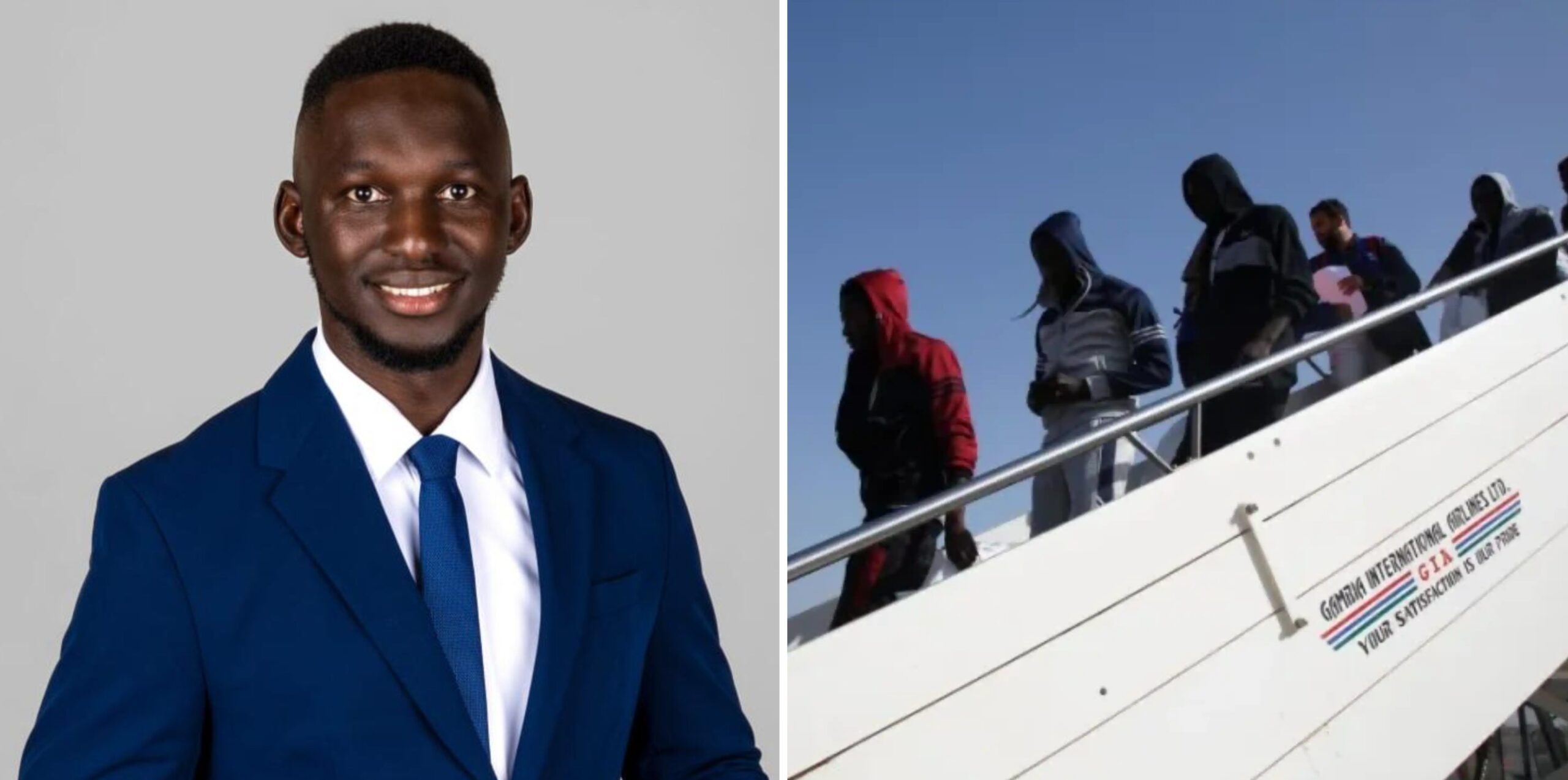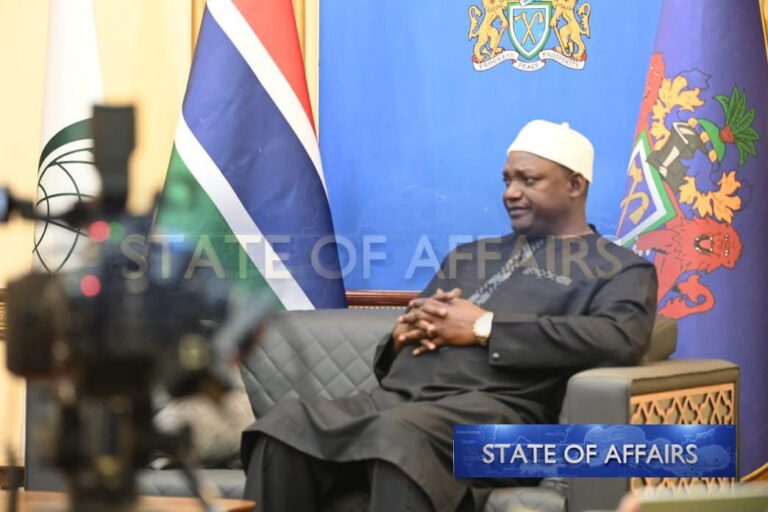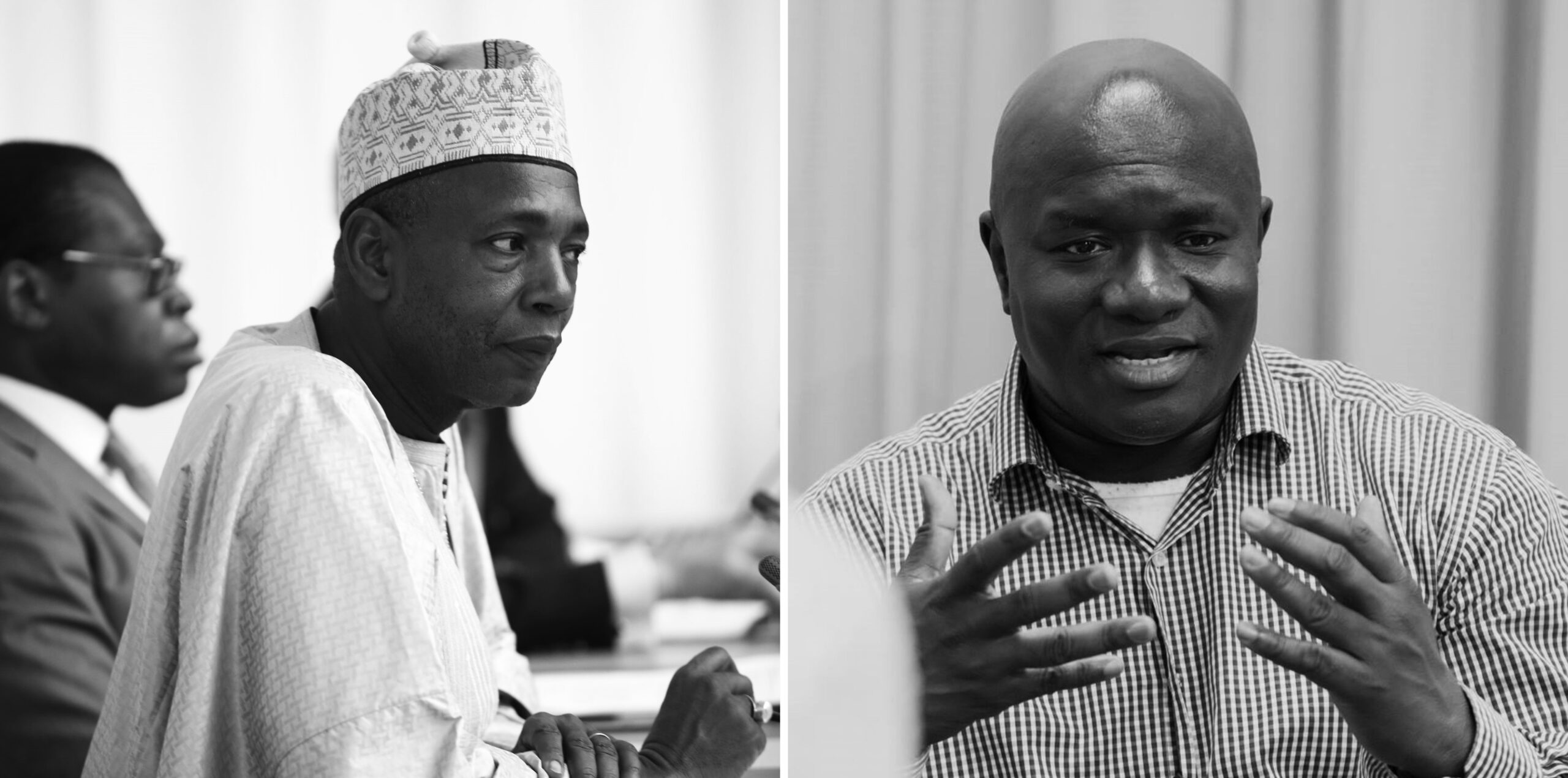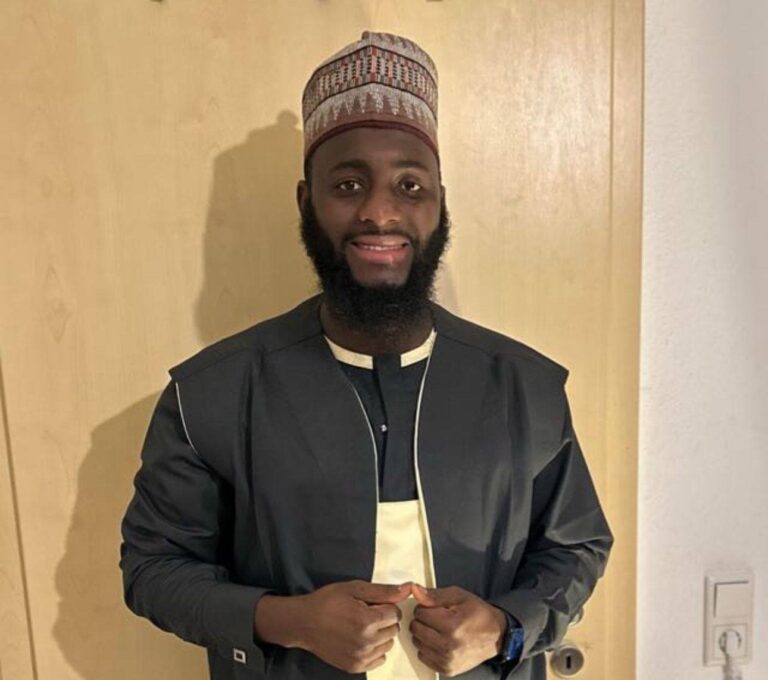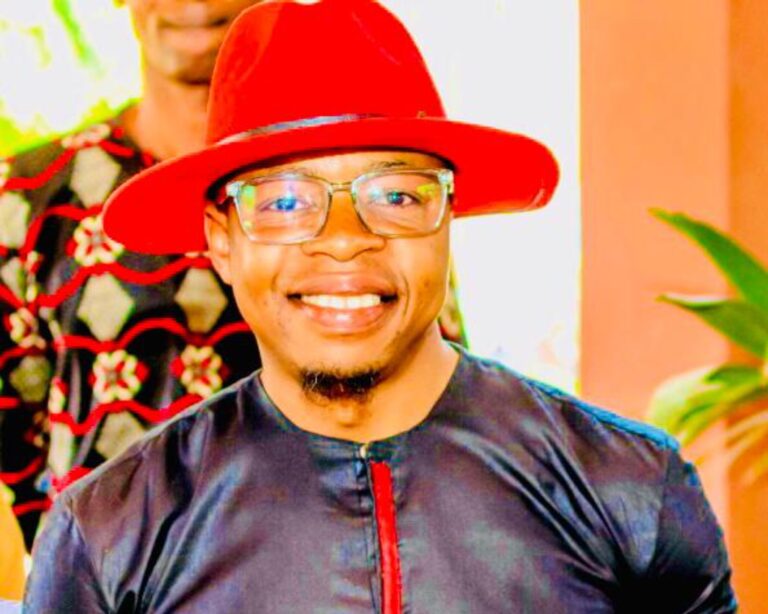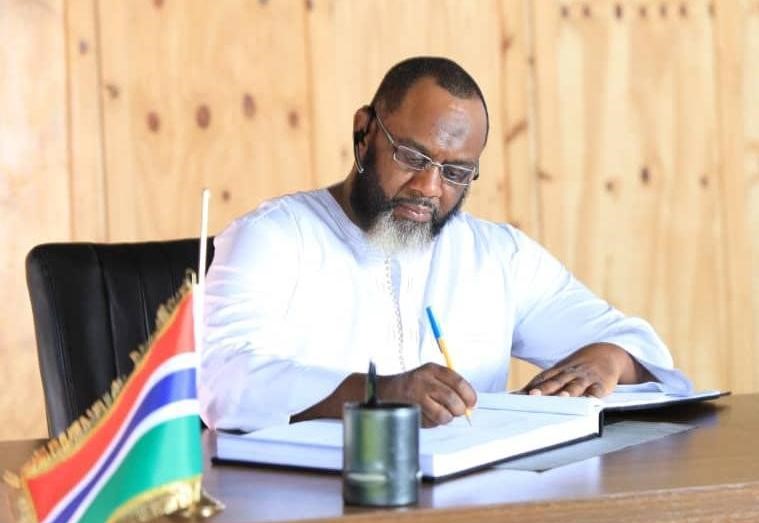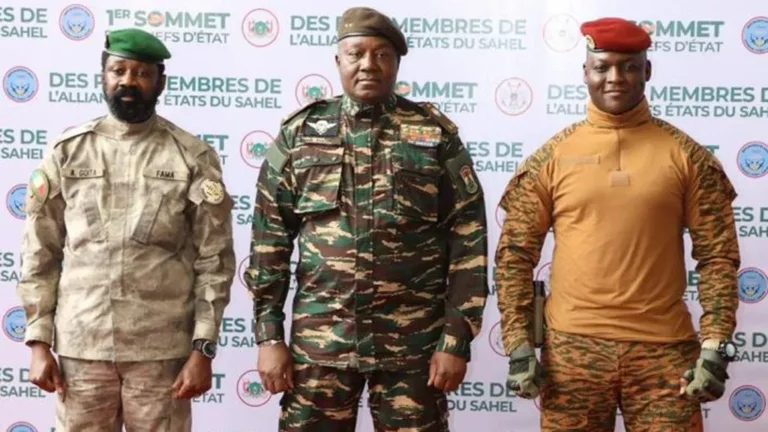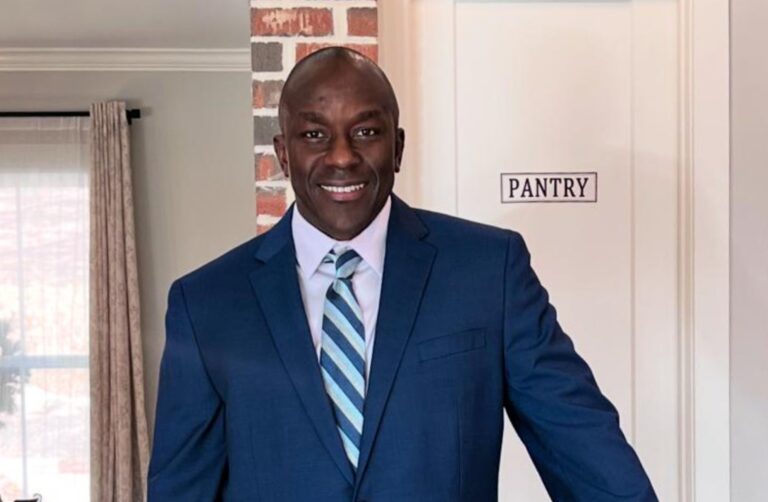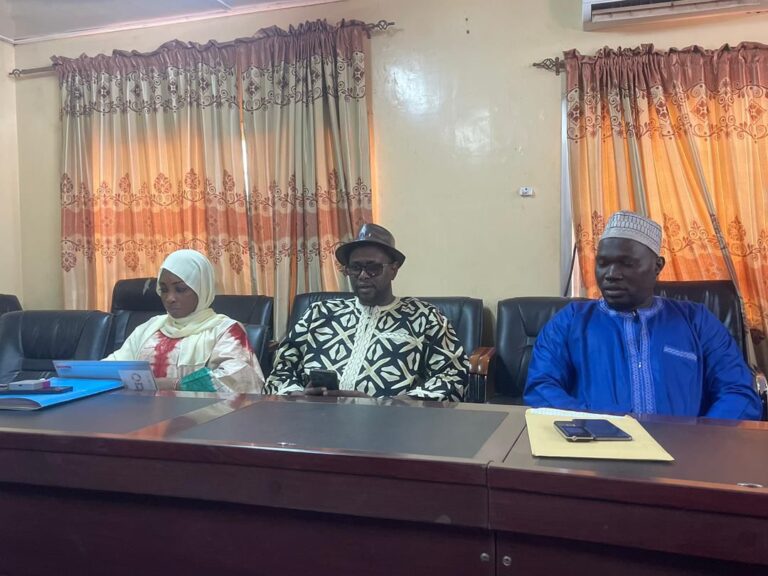By: Dawda Baldeh
Officials from the Gambia Livestock Marketing Agency (GLMA) have defended a controversial D18,000 monthly allowance that they receive from the Central Abattoir in Abuko.
Officials explained to journalists during a press conference that the allowance is intended to cover fuel expenses related to their supervisory responsibilities at the Abattoir.
They emphasised that the authorization for this payment came from the Central Abattoir, specifically for GLMA Director Momodou Darboe, Director of Technical Services Sang Marget Mendy, and Accountant Fatoumatta Sonko.
However, Abattoir manager Maddy Kuyateh has strongly denied this claim, asserting that the letter authorizing the payments was signed by the GLMA Board and the GLMA director before being presented to him for his signature.
The GLMA Board chairman defended the allowance, stating, “In the agriculture sector, it is standard practice to receive either an honorarium or fuel support when assigned additional services.
“This is not unusual within the industry. In fact, in all agricultural projects, if you take on a task on behalf of the project, you are entitled to fuel support, even if you are already receiving fuel allowances from your own agency or the same ministry.”
Cham further elaborated, “Contract renewals after their expiration cannot be automatic or mandatory unless specified in the agreement.
“In the case of the Abattoir staff, renewal was not included in the contract. Thus, where is the alleged breach of contract that the Abattoir manager is claiming?”
He continued, “The GLMA holds a supervisory position at the Abattoir, closely overseeing the managerial responsibilities of the staff and the overall operations.
They generate quarterly reports from these evaluations, which are subsequently reviewed by the board.”
Following a comprehensive analysis of the team, Cham stated that the board provides guidance on the best course of action for addressing any reported issues or abnormalities.
He noted that from January to December 2024, four quarterly reports on the Abattoir have been produced.
“A comprehensive report detailing the fiscal and sanitary conditions of the Abattoir has been produced by a task force established by the GLMA in September 2024.
“The findings, along with the results from the audit of the Central Abattoir conducted in June 2024 by the internal audit directorate, highlight significant concerns regarding the state of the Abattoir that require substantial improvement,” he said.
“In light of these concerns, the Board, during its December 2024 meeting, assigned specific resolutions designed to enhance the managerial and operational standards of the Abattoir.”
Cham explained that as a result of the review, the Board made recommendations aimed at improving the management of the Abattoir.
Among these suggestions is a thorough evaluation of the staff roster with the objective of downsizing by eliminating positions deemed irrelevant to its operations.
The goal of this exercise is to transform the Abattoir into an efficiently managed, profitable, and marketable enterprise, which includes appointing new staff and, where necessary, formalizing the renewal of some existing team members.
Regarding the allowances for the three GLMA staff members, Cham stated that the board of directors approved their payments following a formal request from Maddy Kuyateh.
This approval arose from the recognition that the trio has been working overtime, necessitating a request for fuel allowances for all three employees.
Momodou Darboe, the director of GLMA, noted that their findings from January to December 2024 prompted the non-renewal of contracts for certain staff members, primarily due to issues related to electricity consumption and illegal connections.
“The Board of Directors has raised concerns regarding the Abattoir’s excessive electricity consumption.
“Consequently, the GLMA was directed to hire an electrician to conduct an assessment,” Darboe explained.
“The findings were alarming as the Abattoir was spending an astonishing 60,000 dalasis each month.
“However, our investigation revealed that it could have operated efficiently on just 41,000 dalasis per month.
“Upon realizing this discrepancy, we took immediate action to disconnect the illegal electricity connection that had been in place.”
Darboe also highlighted a series of financial irregularities that he alleges the management and staff of the GLMA have committed, which he asserts violate the GPPA Act.

